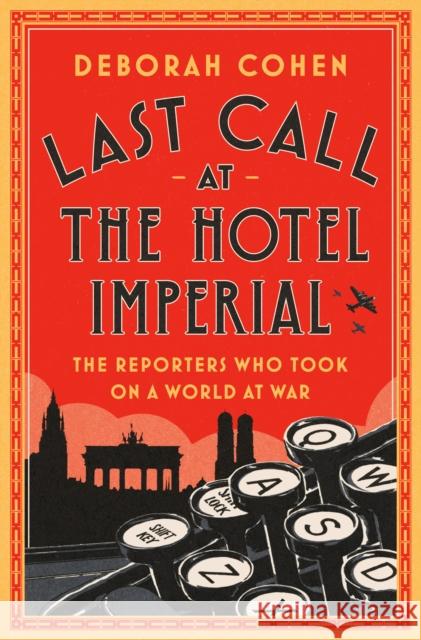Last Call at the Hotel Imperial: The Reporters Who Took on a World at War » książka
topmenu
Last Call at the Hotel Imperial: The Reporters Who Took on a World at War
ISBN-13: 9780525511199 / Angielski / Twarda / 2022 / 592 str.
Last Call at the Hotel Imperial: The Reporters Who Took on a World at War
ISBN-13: 9780525511199 / Angielski / Twarda / 2022 / 592 str.
cena 107,35
(netto: 102,24 VAT: 5%)
Najniższa cena z 30 dni: 107,10
(netto: 102,24 VAT: 5%)
Najniższa cena z 30 dni: 107,10
Termin realizacji zamówienia:
ok. 10-14 dni roboczych.
ok. 10-14 dni roboczych.
Darmowa dostawa!
Kategorie:
Kategorie BISAC:
Wydawca:
Random House
Język:
Angielski
ISBN-13:
9780525511199
Rok wydania:
2022
Ilość stron:
592
Waga:
0.93 kg
Wymiary:
23.6 x 15.6 x 4.19
Oprawa:
Twarda
Wolumenów:
01
Dodatkowe informacje:
Bibliografia
Wydanie ilustrowane
Wydanie ilustrowane











